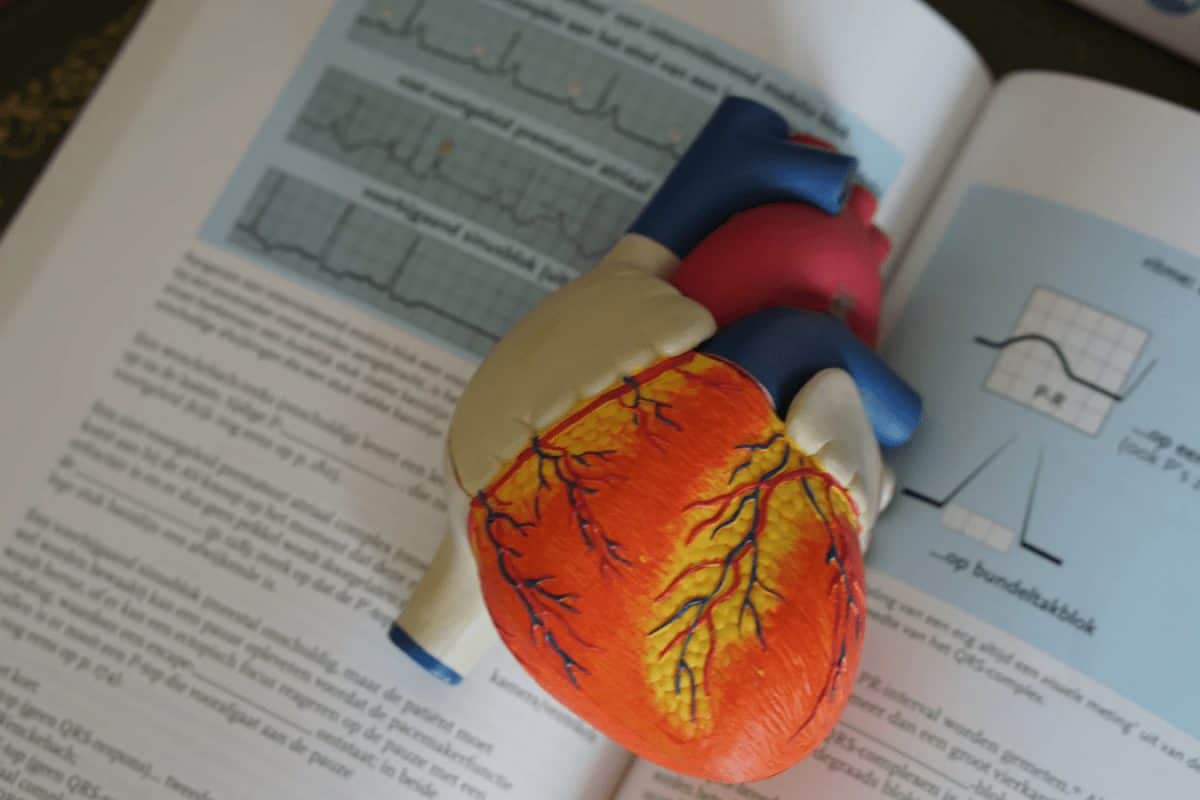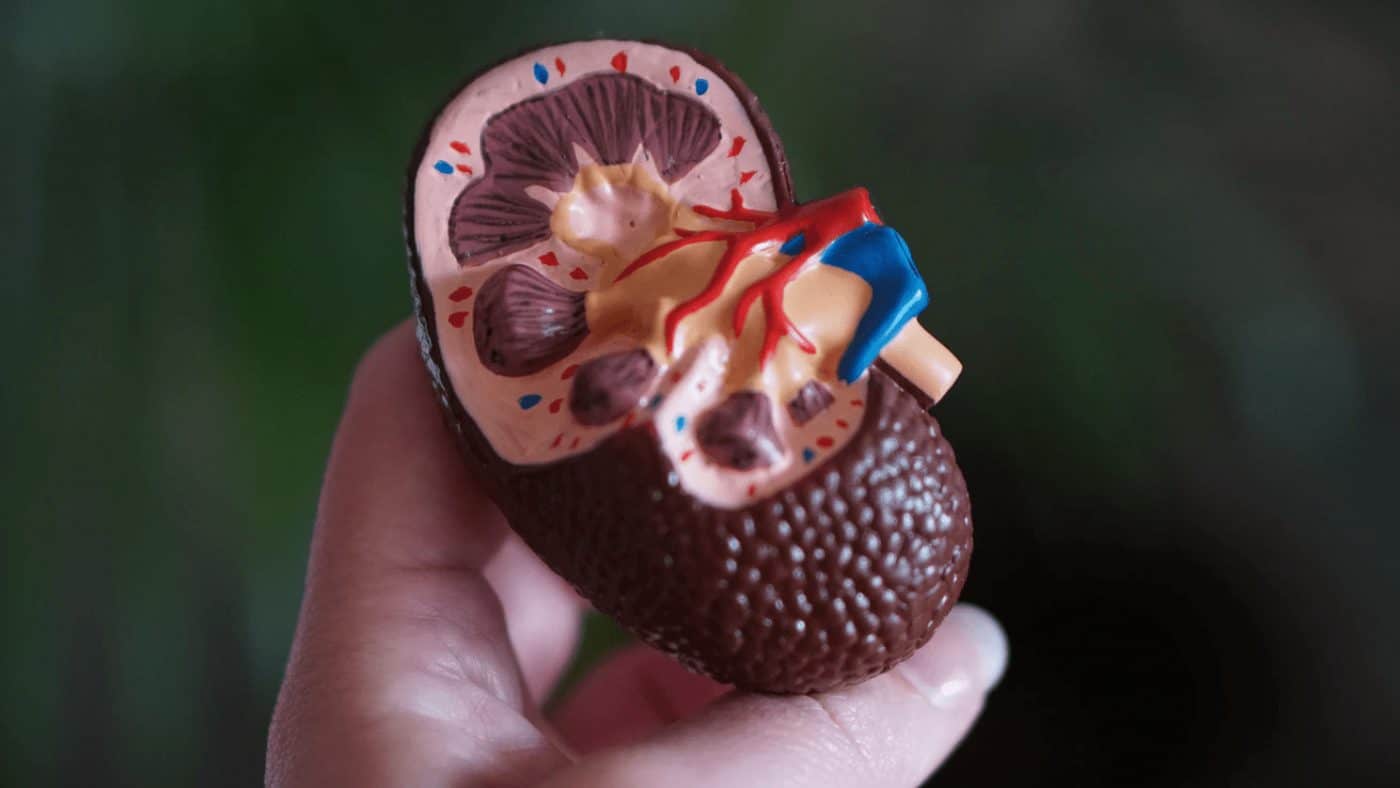It can be a little shocking if you hear the words chronic kidney disease (CKD) or high risk of developing CKD from your health care provider. What does kidney disease mean in practical terms? How worried should you be, and what can you do to stay as healthy as possible?
This condition doesn’t have to be as frightening as it sounds, especially if you take the time to understand how it affects your body.
Table of contents
Whether you’ve been diagnosed with chronic kidney disease or just want to learn more about it, understanding what it is and how it impacts your body can significantly benefit your overall health. You’ll be more equipped to manage any symptoms and better discuss any concerns with your primary care provider or a kidney specialist.
What Is Chronic Kidney Disease?
Chronic kidney disease is damage to your kidneys that gradually causes them to become less effective over time.
Even though you only need one of your two kidneys to live, they play a significant role in your body’s homeostasis. Your kidneys filter out any toxic substances and waste products in your body. If they’re not functioning correctly, these substances can build up and lead to long-term damage.
Kidney disease typically can’t be reversed, but you can alleviate your symptoms and keep the damage from worsening by making intelligent medical treatment and lifestyle decisions.
Chronic Kidney Disease Causes
Multiple conditions can cause chronic kidney disease, including certain health conditions, genetic factors and age, some types of medications, and other disease processes such as infections. Different causes can require different types of treatment to produce the best results.
Two of the most common causes are diabetes and high blood pressure, which put more strain on your kidneys than usual.
With diabetes, higher blood sugar levels can overwork your kidneys and reduce their functionality. This is called diabetic kidney disease.
High blood pressure, also known as hypertension, can damage the blood vessels in your kidneys. Without proper blood flow, the kidneys can no longer adequately filter waste and remove excess fluids from your body, leading to an unhealthy build-up of those substances over time.
Both diabetes and high blood pressure can be managed with diet and exercise to prevent or improve chronic kidney disease. Still, other conditions causing chronic kidney disease are more difficult to manage.
Polycystic kidney disease is a genetic disorder that causes cysts to grow in the kidneys, increasing your blood pressure. Other conditions such as auto-immune disorders and lupus have also been linked to kidney disease.
Common Complications
Kidney disease can cause complications that affect your overall body health. Learning about the most common symptoms and side effects allows you to identify and manage these problems.
Weakened Immune System
Kidney disease often weakens your immune system, which is your body’s natural defense against illness. For example, you might get sick more often or have worse symptoms when you’re ill. For example, chronic kidney disease patients who have had a kidney transplant will be taking immunosuppressants, weakening their immune system.
To ensure you stay healthy, ensure you’re up to date on your vaccinations and avoid unnecessary exposure to viruses and bacteria.
Fluid Retention
If you notice swelling in your arms or legs, it’s likely the result of fluid retention. Since your body can’t process fluids as efficiently when you have CKD, the fluid build-up can occur in your limbs. This may also result in higher blood pressure and, in some cases, fluid in the lungs, making breathing difficult.
Anemia
Anemia means you have fewer fully functioning red blood cells, which restricts oxygen circulation in your body. It can leave you feeling tired, weak, and dizzy. Over time, this may also damage other organs in your body, so it’s best to be under a doctor’s care if you have this condition.

Heart Disease
Cardiovascular disease is often seen in patients with kidney disease. Many patients with chronic kidney disease have hypertension and diabetes, and these conditions are significant risk factors for heart disease, which is the leading cause of death in the US.
End-Stage Renal Disease
In some cases, chronic kidney disease will progress until the kidneys are no longer functional on their own. This is known as end-stage renal disease or kidney failure. It is a severe form of kidney disease, but it happens to only a handful of people.
Kidney failure cannot be reversed, but there are some treatment options. These include dialysis and kidney transplants.
Living With Chronic Kidney Disease
It’s essential to take steps to limit chronic kidney disease’s damage to your body. This is accomplished by addressing uncomfortable or painful symptoms and adopting a healthier lifestyle.
If you manage your kidney disease properly with the help of a physician, you can still live a long life and keep your condition from worsening. Small things like taking prescribed medications, quitting smoking, getting regular exercise, and eating healthy can make a huge difference.
Conclusion
A chronic kidney disease diagnosis doesn’t have to mean fear and panic. If you take the time to learn about your condition and adjust your lifestyle accordingly, you can remain healthy and reduce the number of complications you experience.
Chronic Kidney Disease References
- Global, regional, and national burden of chronic kidney disease, 1990–2017: a systematic analysis for the Global Burden of Disease Study 2017
- KidneyFund.org Stages of kidney disease
- Healthline – Stages of Chronic Kidney Disease
- Medscape – What are the stages of chronic kidney disease (CKD)?
- MedicineNet – What Are the 5 Stages of Chronic Kidney Disease?
- Mayo Clinic – Chronic Kidney Disease
- National Kidney Foundation – Chronic kidney disease (CKD) – Symptoms, causes, treatment
- National Institute of Diabetes and Digestive and Kidney Diseases – Causes of Chronic Kidney Disease
- NPR – Popular Acid Reflux Drugs Are Linked To Kidney Disease Risk
- Mayo Clinic – Kidney Transplant
- WebMD – When Do I Need Dialysis?



